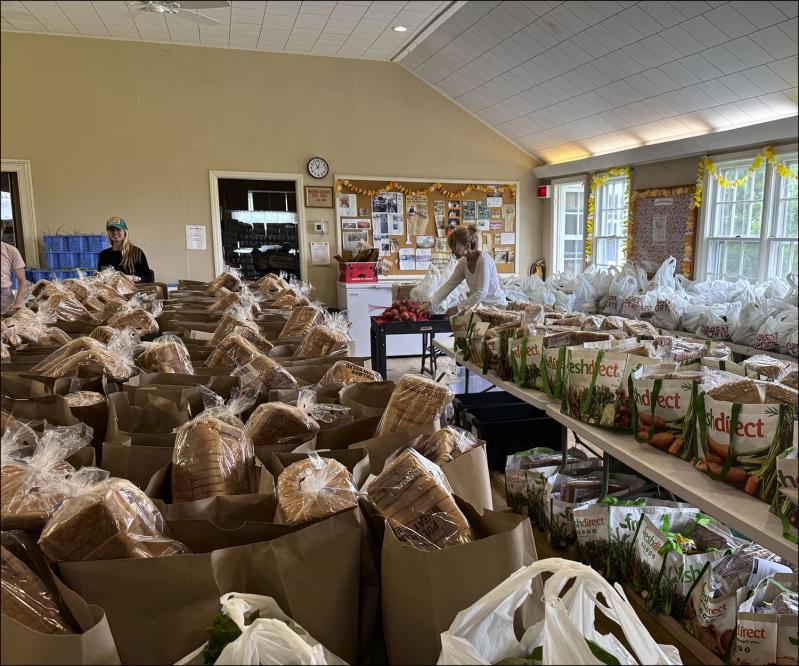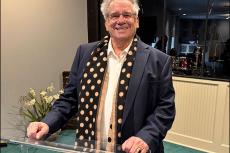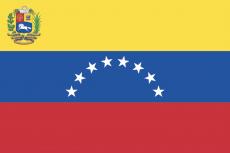Holly Reichart-Wheaton, the director and chairwoman of the Springs Food Pantry, has been working to address an ever-growing, underrepresented need within the Springs community for nearly three decades.
Her mother, Betty Reichart, started the pantry in 1992, along with a few other members of the Springs Presbyterian Church, after noticing that a family in the congregation had fallen on hard times during the off-season. Looking for a practical way to help, they started making rounds in the neighborhood, collecting food that other people could spare.
“That’s how this community was,” explained Ms. Reichart-Wheaton. “Every family helped everybody else out. There were disparities in income, but nobody thought about that — all the kids played together.” But as the community continued to grow, so too did those disparities, and eventually the original door-to-door model was no longer sustainable.
Ms. Reichart-Wheaton, who had been working in Chicago, moved back to Springs in 1998 to find her mother in a difficult spot at the pantry. “She said, ‘I’ve had to order food because our numbers are growing. In fact, there’s a delivery coming tomorrow, and I don’t know how to pay for it,’ “ she recalled, “So I sat down and wrote the first fund-raising letter, and I’ve been here ever since.”
The last few years have presented challenges the pantry’s founders could not have anticipated. When the pandemic hit, the pantry’s numbers “quadrupled overnight,” and continued to mount from there. The pantry serves only Springs residents, who are asked to provide ID, a utility bill, a lease, a letter from a landlord, or similar documentation to show they live in the coverage area. More than 600 families are now registered, and an average of 355 families are served each week. About a month ago the pantry extended its pickup hours in response to the line of cars that would stretch down Old Stone Highway on Wednesday evenings, and soon it will begin the third year of its summer lunch program for children whose parents are out working.
Amy Leopold, a volunteer and passionate fund-raiser for the pantry, has been frustrated by a resistance she perceives from a portion of the community. “It’s so important to note that there is such a significant need out here,” she said. “I don’t know if it’s that people don’t want to say that, because this is ‘the Hamptons’ of the rich and famous. I mean, we have amazing support from the people who give, but I think there’s also a population of people who just turn their heads away. They don’t want to know.”
Many in the community have embraced the pantry’s mission, too, stepping in to offer whatever support they are able to provide. Balsam Farms and Amber Waves reserve a portion of their harvests specifically for the pantry each week, and community members have been donating goods and services in the run-up to the pantry’s annual Garden Party fund-raiser, which will take place at a private property in Springs on Saturday, and to the silent auction now live on its website — the offerings of which range from weekly boxes of freshly harvested produce from Amber Waves to an original Cindy Sherman print.
The pantry holds its fund-raiser around the same time each year to try to reach residents only here during the summer to, in Ms. Leopold’s words, “make them more aware of what goes on in their community.” And, this year, even more uncertain times lie ahead. The volunteer coordinator, Anne McCann, said that the looming threat of Immigration and Customs Enforcement Raids has introduced the “dividing line” of legal status into the already strained “working poor” population of Springs. Many residents are “terrified,” she said, worried about family members and friends, and it is not yet clear exactly how much that fear will impede access to services like the pantry.
“Springs is the working community. If it wasn’t for the people here, those hedgerows on Further Lane would not get trimmed. The houses would not be taken care of,” said Ms. Reichart-Wheaton. “The majority of people are so grateful and appreciative, and some are a bit ashamed — the ones that don’t make eye contact. This is not where they want to be. They need to feed their families. And when they establish themselves, and start saving money, they’re able to give back too.”
“I always say to them, if you need food, come. Just bring your ID, show that you live in Springs, and stand in the line for an hour and a half. There’s no questions asked.”




